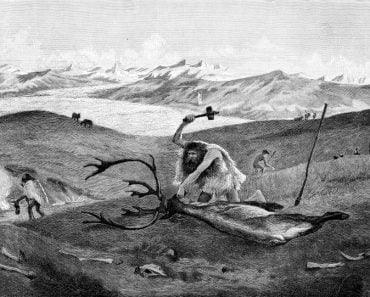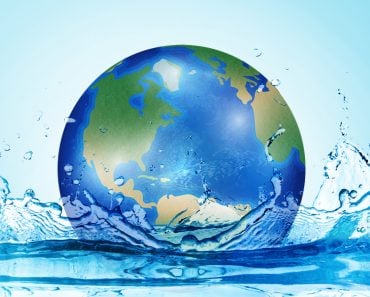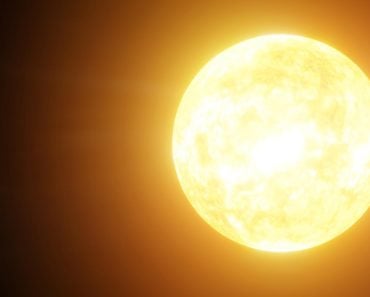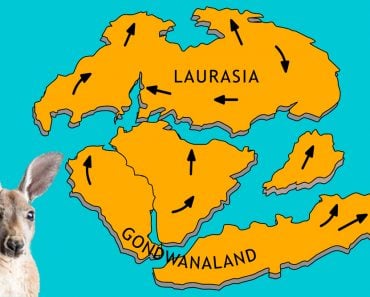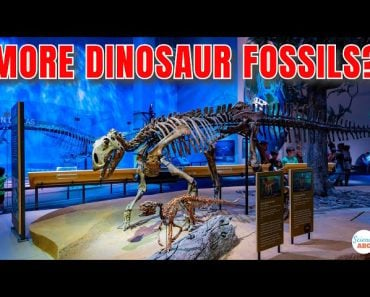The Anthropocene is a proposed geological epoch, and debates about whether it should be included in the geological time scale are ongoing. Some argue that the impact of humans is significant enough to warrant a separate epoch, while others argue that it is too early to add the Anthropocene to the geological time scale.
The Geological time scale helps us to understand the Earth’s past and the events that have shaped its evolution. It is like a history book that documents the Earth’s past and the various stages of its evolution. It provides a timeline that allows scientists to understand how the Earth has changed over billions of years, from its earliest eras to the present day.
Think of the Geological time scale as a giant puzzle that scientists are piecing together using clues from rock formations, fossils, and other forms of geological evidence.
You’ve probably heard of the term Anthropocene, which refers to the current geological epoch, in which humans are the primary drivers of changes in Earth’s ecosystems.
However, it should be noted that the Anthropocene has not been officially added to the Geological time scale.
There are two schools of thought on whether the Anthropocene should be included.
Recommended Video for you:
What Is The Anthropocene?
The Anthropocene is our current geological epoch, defined by the impact of human activities on Earth’s ecosystems. Agriculture, deforestation, industrialization, and the use of fossil fuels have all resulted in significant changes in the composition of the Earth’s atmosphere, oceans, and land.
In 2000, Nobel Laureate Paul Crutzen coined the term “Anthropocene.” He contended that the Earth had entered a new geological epoch that was fundamentally different from the previous one, the Holocene. Since then, the term has gained popularity and has sparked a great deal of scientific and public debate.
Consider the Earth as a canvas, and humans as artists.
The Anthropocene can be thought of as a time when humans began to paint with new colors and materials that had never been seen before, resulting in a radically different image (on the canvas) than what had previously been seen.
The use of fossil fuels, for example, has had a significant impact on the Earth’s climate and atmosphere, much like a new color can drastically alter the appearance of a painting.
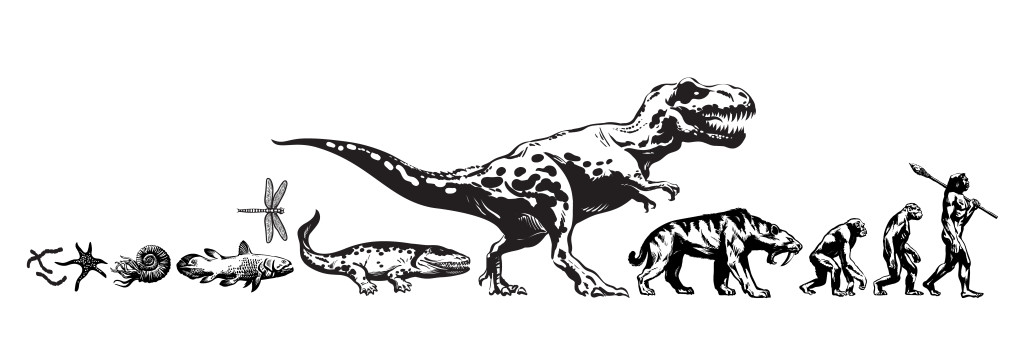
Why Should The Anthropocene Be Added To The Geological Time Scale?
There are several reasons to include the Anthropocene on the Geological Time Scale. The most prominent argument is that the Anthropocene marks a significant and unprecedented shift in the Earth’s ecosystem as a result of human activity.
Human activities have had such a significant impact that they have altered the Earth’s geology, distinguishing it from any previous epoch. By including the Anthropocene on the Geological Time Scale, we acknowledge the impact of humans on Earth’s ecosystems and the need for long-term solutions to mitigate the damage.
The scale and pace of human activity are now so great that they are altering our planet’s natural systems. For instance, the level of carbon dioxide in the atmosphere has increased by 50% since the beginning of the Industrial Revolution, and the global average temperature has increased by 1°C.
The Anthropocene’s impact can be seen in ozone layer depletion, climate change, and biodiversity loss. These changes are not only significant, but also irreversible, and long-term solutions are required to mitigate their effects.
Why Should The Anthropocene Not Be Added To The Geological Time Scale?
One of the main arguments against including the Anthropocene is that the Anthropocene is not yet a well-defined concept.
The start of a geological epoch is typically marked by a significant geological event, but there is no clear event that can be attributed to the start of the Anthropocene.
Another reason for not including the Anthropocene on the Geological Time Scale is that it may be premature. Only after several years of research and analysis, geological epochs are typically added to the Geological Time Scale. The Anthropocene, on the other hand, is a relatively new concept, and more research is needed to fully understand its long-term effects on the Earth’s ecosystems.
Even the Anthropocene’s beginning is hotly debated today. Some people that think it started when humans first began farming, while others think it didn’t start until the Industrial Revolution.
The International Commission on Stratigraphy, the agency with the power to modify the Geological time scale to include the Anthropocene, is still on the fence about doing so. They are hoping to discover the “golden spike,” a fossil record indicator that would distinguish between the Holocene and the Anthropocene.

A Final Word
The debate over including the Anthropocene on the Geological time scale continues. Some believe it is critical to include, while others disagree. We should realize that by including the Anthropocene on the Geological time scale, we are acknowledging the human impact on Earth’s ecosystems and the need for long-term solutions to mitigate this damage. This may deviate from the usual practice of adding an epoch to the Geological time scale, but given our unusual actions on the Earth, it should be fine.
We must consider how our actions will impact the Earth in the future. It is up to us to reduce the damage we are causing and to develop more sustainable ways of living. The Anthropocene should serve as a reminder of the importance of being responsible and sustainable. We must act now to ensure that future generations inherit a healthy and sustainable planet.
References (click to expand)
- Anthropocene - an overview | ScienceDirect Topics. ScienceDirect
- S Nath. (2021) Influence of anthropocene climate change on biodiversity .... ScienceDirect
- Steffen, W., Grinevald, J., Crutzen, P., & McNeill, J. (2011, March 13). The Anthropocene: conceptual and historical perspectives. Philosophical Transactions of the Royal Society A: Mathematical, Physical and Engineering Sciences. The Royal Society.
- Ruddiman, W. F. (2013, May 30). The Anthropocene. Annual Review of Earth and Planetary Sciences. Annual Reviews.

